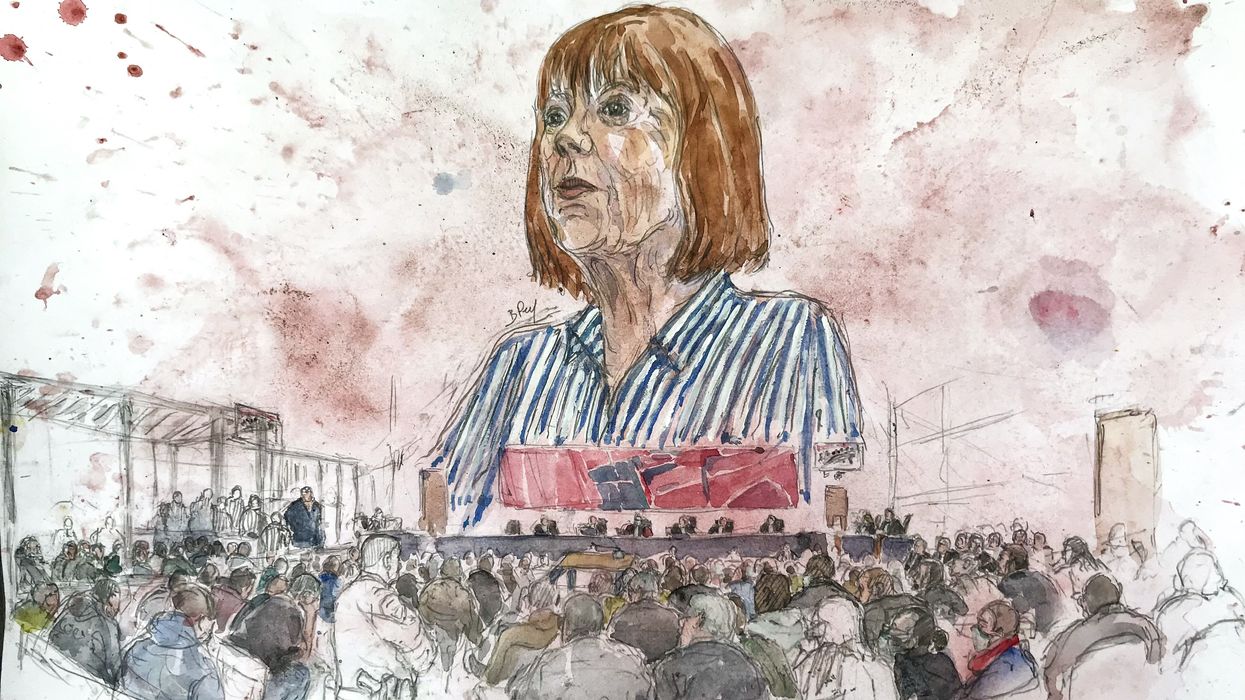A FRENCH court sentenced Dominique Pelicot to 20 years in prison on Thursday for orchestrating and committing the mass rapes of his former wife, Gisele Pelicot.
Pelicot, who had admitted to drugging his wife over nearly a decade to enable assaults by strangers he recruited online, was convicted by the criminal court in Avignon after a trial lasting more than three months.
The court also convicted all 50 co-defendants in the case, with sentences being delivered throughout the morning. The verdict marks the culmination of a trial that shocked France and turned Gisele Pelicot, 72, into a symbol of resilience and feminist activism.
Tension was high in the courtroom, with a heavy police presence. Several defendants arrived prepared for prison, carrying packed bags. One was seen in tears, hugging his companion before entering the courtroom.
Presiding judge Roger Arata delivered the sentence, stating that Dominique Pelicot, 72, will not be eligible for parole until he serves two-thirds of his sentence. Arata declared him guilty of the "aggravated rape of Gisele Pelicot."
Pelicot’s crimes involved drugging his wife and allowing dozens of strangers to assault her. Alongside him, 50 men aged between 27 and 74 were tried, including one who did not assault Gisele Pelicot but raped his own wife with Pelicot’s assistance.
A symbol of strength
Gisele Pelicot waived her right to a closed trial and has spoken openly about her ordeal, inspiring supporters and activists both in France and internationally. Outside the courthouse, crowds of feminist activists chanted slogans like "Justice for Gisele" and "Shame has changed sides."
Her children, David, Caroline, and Florian, were present, entering the courtroom alongside some of the accused.
Earlier in the trial, prosecutors had requested the maximum sentence for Dominique Pelicot, along with 10 to 18 years in prison for 49 co-defendants charged with aggravated rape. Another defendant, tried in absentia, remains on the run.
French media prominently featured Gisele Pelicot on Thursday, with newspapers highlighting the importance of the verdict. Left-leaning Liberation called it “a verdict for the future,” while L’Humanite published the headline “Merci madame.”
(With inputs from AFP)




